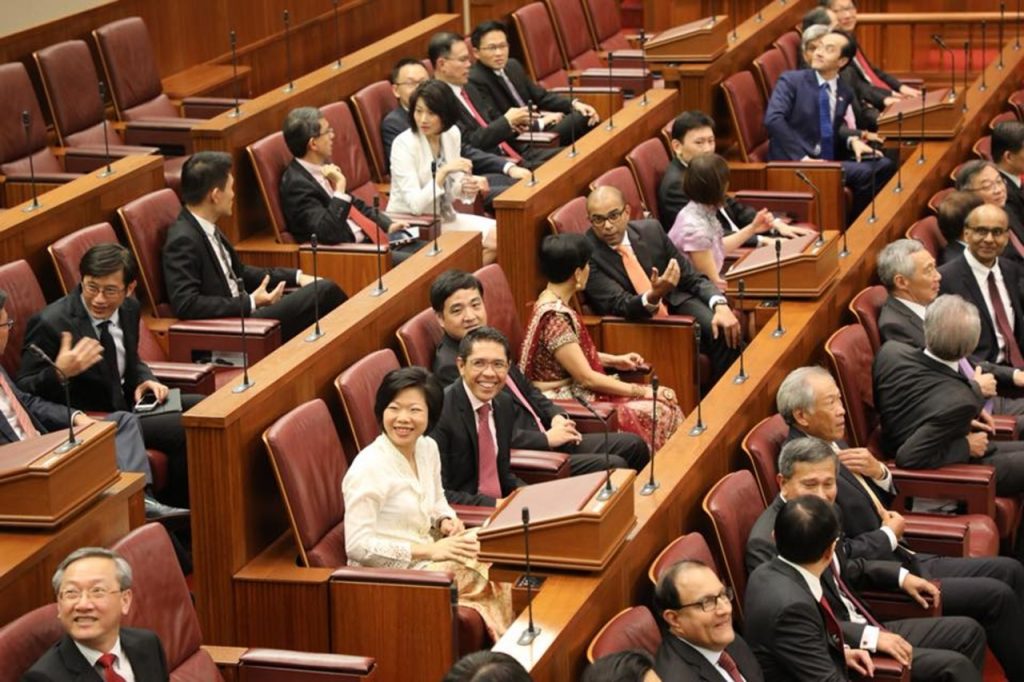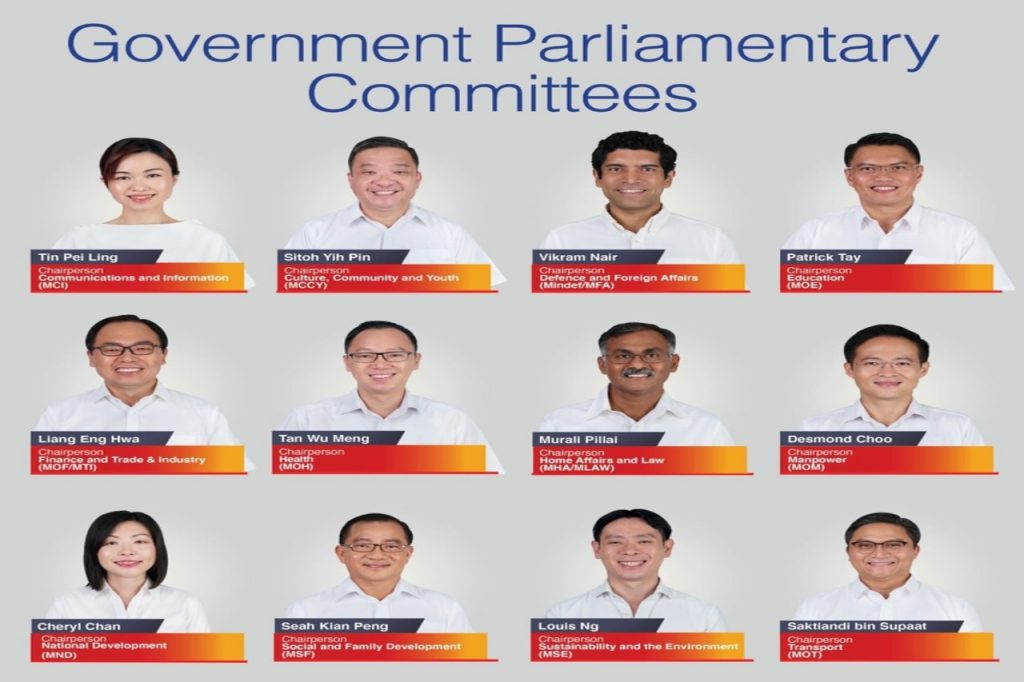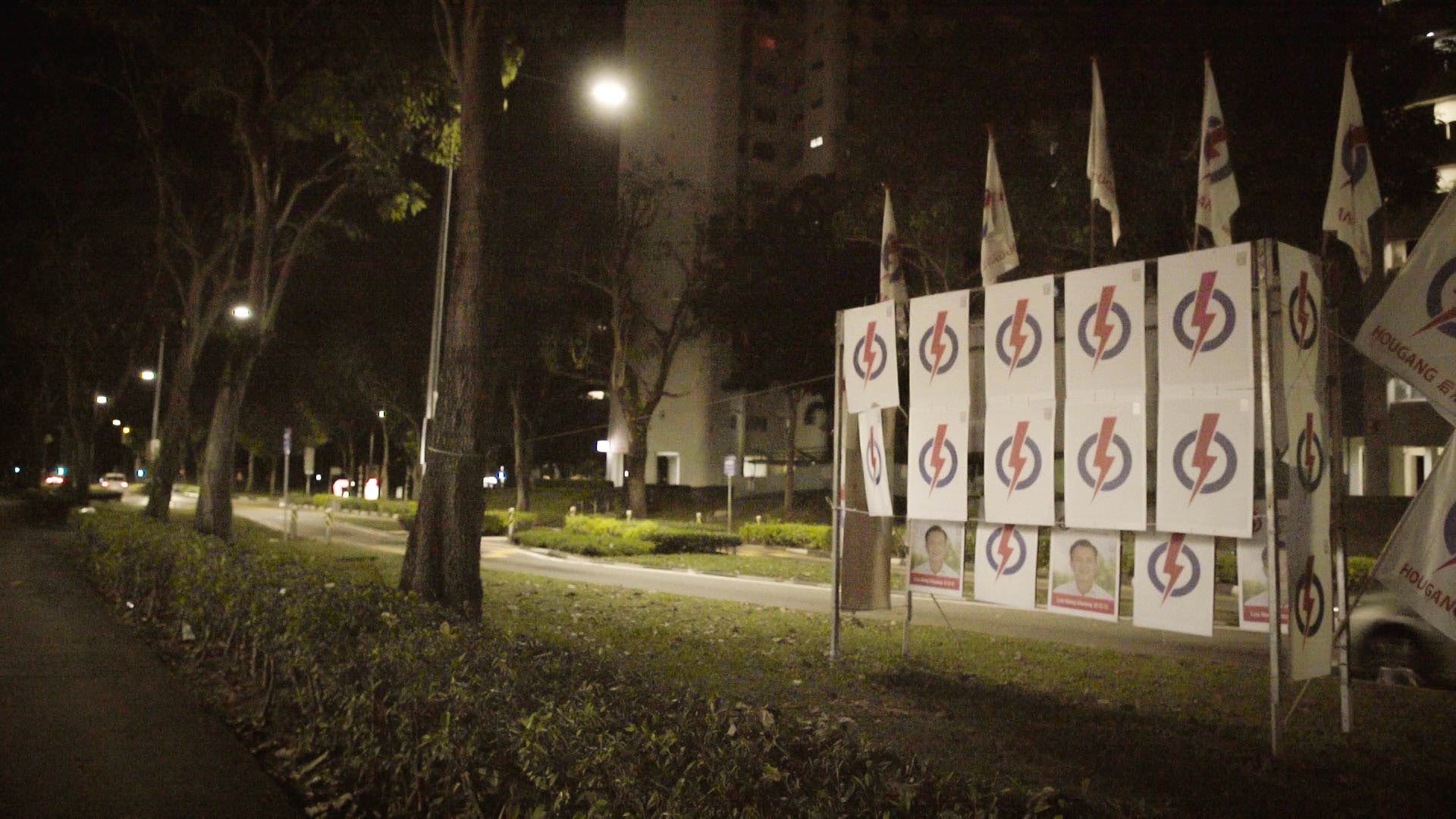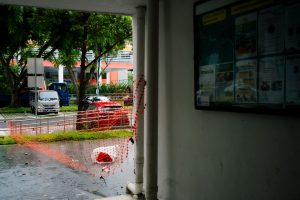Top image: Zachary Tang/RICE File Photo
“You are irrelevant.”
“Diam lah, you are the one who isn’t relevant!”
ADVERTISEMENT
I may be over-dramatising, but this was essentially the showdown between Mayor Denise Phua and Leader of the Opposition Pritam Singh during the Budget Debate. The bugbear was over the relevance of the Community Development Councils and their mayors.
That clash got me wondering: Are there other government creations which are also questionable? Following the Budget Debate, MPs began debating each ministry’s budget.
Under each ministry, the first MP who speaks comes from the ruling party and is also a chairperson of the Government Parliamentary Committees, or GPCs—the little-known PAP brainchild that is finally getting its day in the sun.
But it doesn’t make sense for heads of GPCs to only appear for this annual wayang, only to fade into oblivion thereafter. Upon digging through the newspaper archives, I found out that these committees were a big deal during their inception in 1987. PAP MPs were grouped into specific portfolios to analyse policies and provide feedback.
The Government then hailed the GPCs as a proxy opposition, in an attempt to appease voters who thought the ruling party was too dominant. Mr Goh Chok Tong, who introduced these committees as first deputy prime minister, said: “Where they disagree with a certain policy, they can say so and argue their case. Where they agree, they should not remain silent. This way, all policies will be critically examined and all alternative viewpoints considered.”

Back then, there was only one opposition MP in Parliament. The chairpersons sat in the front row opposite the Government, a row traditionally reserved for the Opposition.
Initially, PAP backbenchers in the committees took their role as a shadow Opposition seriously. Sparks flew in 1987 when Tang See Chim from the Home Affairs GPC cajoled MPs to vote against the Government during the Committee of Supply. The Government had refused to give the committees more funding to hire full-time researchers.
Also in the same sitting, MPs from the Environment and Health GPC protested and withdrew from the debate after its chairperson Aline Wong met a roadblock with the Government over privatising refuse collection and policies on hawkers.
That was the high point.
Since then, however, we no longer see GPCs performing robustly, and they appear to have deviated from their original purpose. Perhaps with more opposition MPs elected, PAP MPs need not role-play anymore, preferring to close ranks to defend themselves against the Opposition.
It could also be that today’s GPC members are less rebel rousers, more wary of the sword of Damocles—The Party Whip—hanging over them as they speak in the House. They are probably mindful not to be overly-vocal, lest they defy the party’s stance.
Precisely due to the GPCs’ low profiles nowadays, most of us are unaware of their existence. The MPs are not helping either, when they hardly speak on issues within the purview of their portfolios.

To prove my point, I nearly went blind combing through our parliamentary records. Here are some of my findings from the previous term of Parliament:
ADVERTISEMENT
1) Of the 89 questions GPC chairperson Lim Wee Kiak filed, only five were related to his Culture, Community and Youth committee. He did not participate in debates relating to MCCY Bills either.
2) His deputy, Darryl David, filed only one question related to his GPC, out of 49 questions. He participated once in the debate on the Co-operative Societies (Amendment) Bill.
3) Of the 208 questions deputy GPC chairperson Gan Thiam Poh filed, only 10 were related to his Environment and Water Resources committee. Only eight out of 53 times did he participate in debates of Bills linked to his portfolio.
4) Of the 88 questions GPC chairperson Seah Kian Peng filed, only 16 were related to his Social and Family Development committee. He only participated thrice in debates on Bills related to the MSF.
At the risk of boring you with statistics, I do not intend to put up report cards of every GPC chairperson or their members. To be fair, some are more eager and try to live up to their GPC positions.
I was impressed, for example, when I saw Mr Louis Ng recently moving a motion on climate change with his committee members. The Nee Soon GRC MP currently heads the Sustainability and the Environment GPC. But I know Mr Ng is a strong advocate on environmental issues. Even without wearing his GPC hat, he might have done the same given his activist background.
So this got me thinking: if MPs are enthusiastic in their GPC capacities, is it because the role aligns with their hobby horses or due to the collective work of the committee?
I’m not saying the GPCs are not doing work. I understand that much happens behind closed doors, with resource panels and ministry briefings. But isn’t it ironic that Government Parliamentary Committees perform … outside of Parliament? I thought the ‘P’ in ‘GPCs’ implied more action in the chamber by the committees.
I would also say the Government only has themselves to blame for the disappointing optics of the GPCs. Linking back to the whole kerfuffle over CDCs, Ms Denise Phua said it well: “Perhaps our biggest mistake we made was not to have publicised the work that we do.”
Similarly for the GPCs, we know little about them: How often do they meet? Who are on the resource panels? What goes on in their meetings? How do members split the workload, especially during Budget season? Are the ministry briefings regular?
Unless there is further information on the work they do, it is difficult for me to believe that GPCs remain relevant. I suggest these committees evolve into a more suitable format or be done away with, if they make little impact on day-to-day policymaking and the cut-and-thrust in Parliament.







